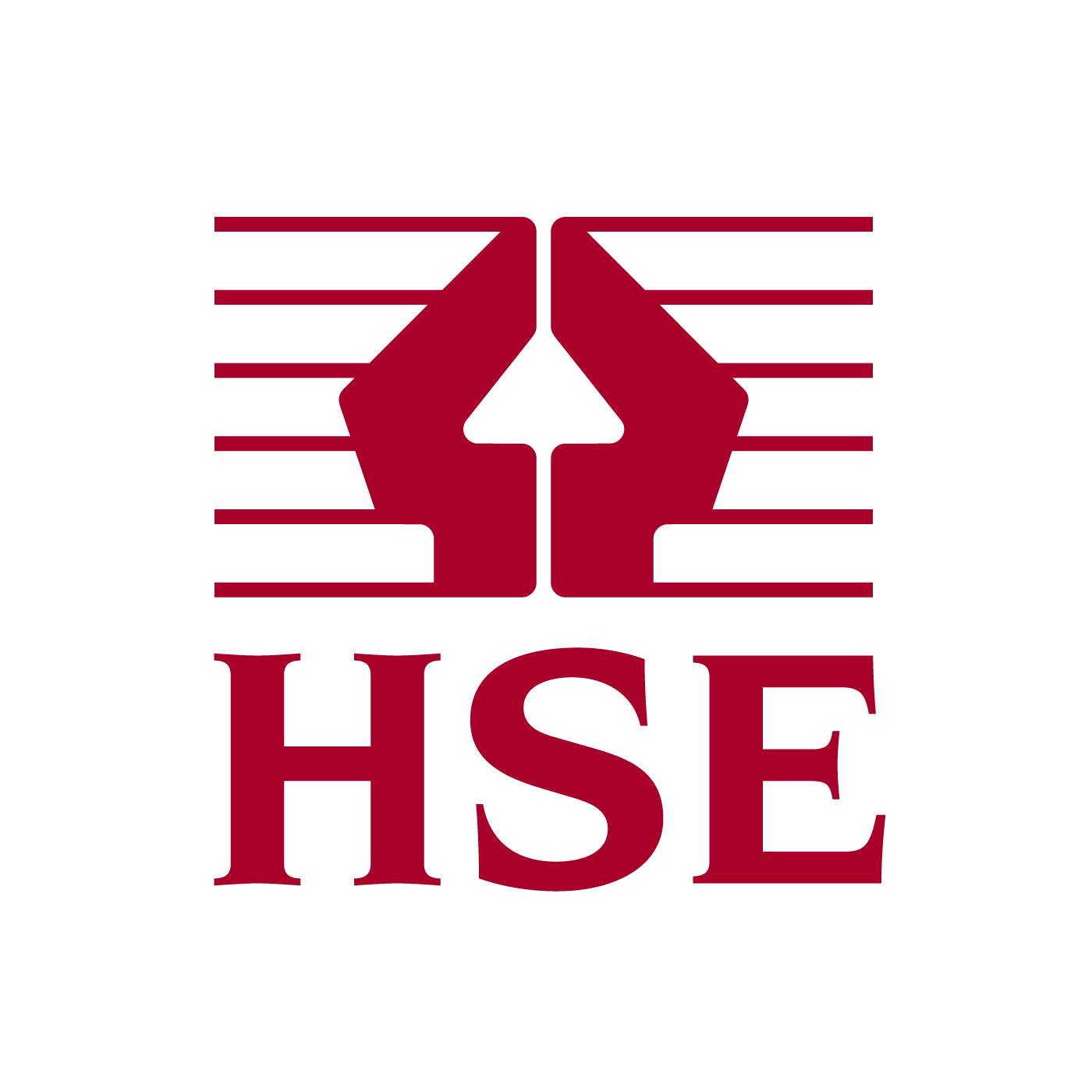After UK Transition: Working with Chemicals - Episode 1 - PPP
Description
After UK Transition: Working with Chemicals - Episode 1 - PPPPlant Protection Products (PPP) - Rachel Brown - PPP lead in CRD (Future Readiness) Transition Programme at HSE and Duncan Williams - Lead for Pesticides Post 2020 Transition Project at DEFRA. We discuss what the UKIM bill means for PPP products/applications, the implications for businesses involved in the manufacture, distribution and supply of pesticides and the data businesses will need to supply to HSE. Visit our website for further information and detailed guidance on the chemical regimes. *The information in this podcast was correct at time of publication.Podcast transcriptGood day and a warm welcome to the HSE podcast brought to you by the Health & Safety Executive to guide you through the changes in chemical regulations which are happening as a result of the UK leaving the EU. In this episode we’ll be hearing from our experts about how plant protection products, otherwise known as PPP Regulations, will be changing from the 1st January 2021 once the transition period is over. From that date a new independent pesticides regulatory regime will operate and Great Britain will take responsibility for placing PPP’s on the market in this country.My name is Mick Ord and before I introduce you to our guests, I’d like to point you in the direction of the HSE website where the information we refer to today can be found. The place to go is www.hse.gov.uk/brexit. And what I’d also urge you to do is to subscribe to our free bulletin service to stay up to date with all the latest news and guidance on pesticides so you have all the relevant information at your fingertips and you can do this via the website.Rachel Brown is the HSE’s Transition Programme Manager for Pesticides and Duncan Williams is Team Leader for Pesticides at Defra, the Department for Environment, Food and Rural Affairs.Mick:Duncan I’ll start with you if I may. What are the main changes that will apply to plant protection products from January 2021 in terms of PPP regulations?Duncan:Ok, so at the end of this year the transition period for leaving the EU will end so that means from the 1st January next year we’ll be operating a new independent pesticides regulatory regime in Great Britain by which I mean England, Scotland and Wales. It’s slightly different in Northern Ireland, so we’ll come onto them shortly. So in Great Britain the EU Legislation is essentially carried over into national law. So, all the regulatory requirements of the current EU regime, all the technical standards, are carried over unchanged into our national regime. It will look and feel very similar to the current EU regulations, except we’ll be taking our own decisions rather than being covered by EU decisions.That means there’ll be some degree of divergence from EU decisions over time for example maybe different decisions at different times or sometimes different decisions and of course any EU decisions which come into force after the end of this year, won’t apply in Great Britain. If they come into force before the end of this year, they will and they will be carried forward. So that’s things like active substance decisions, Maximum Residue Level (MRL) setting and so on.Mick:What about businesses operating in Northern Ireland – what’s going to happen to them?Duncan:Ok, so under the Northern Ireland Protocol, the EU Plant Protection Product Regulations and also the EU Maximum Residue Level Regulations – they’ll continue to apply directly in Northern Ireland so there’s less change. So in Northern Ireland the position is basically remaining as much as it is now during the transition period. That means EU active substance approval decisions, MRL decisions, they will all continue to apply directly in Northern Ireland. They’ll still have responsibility for product authori
More Episodes
Published 05/09/24
Published 07/12/23
Published 04/20/23


